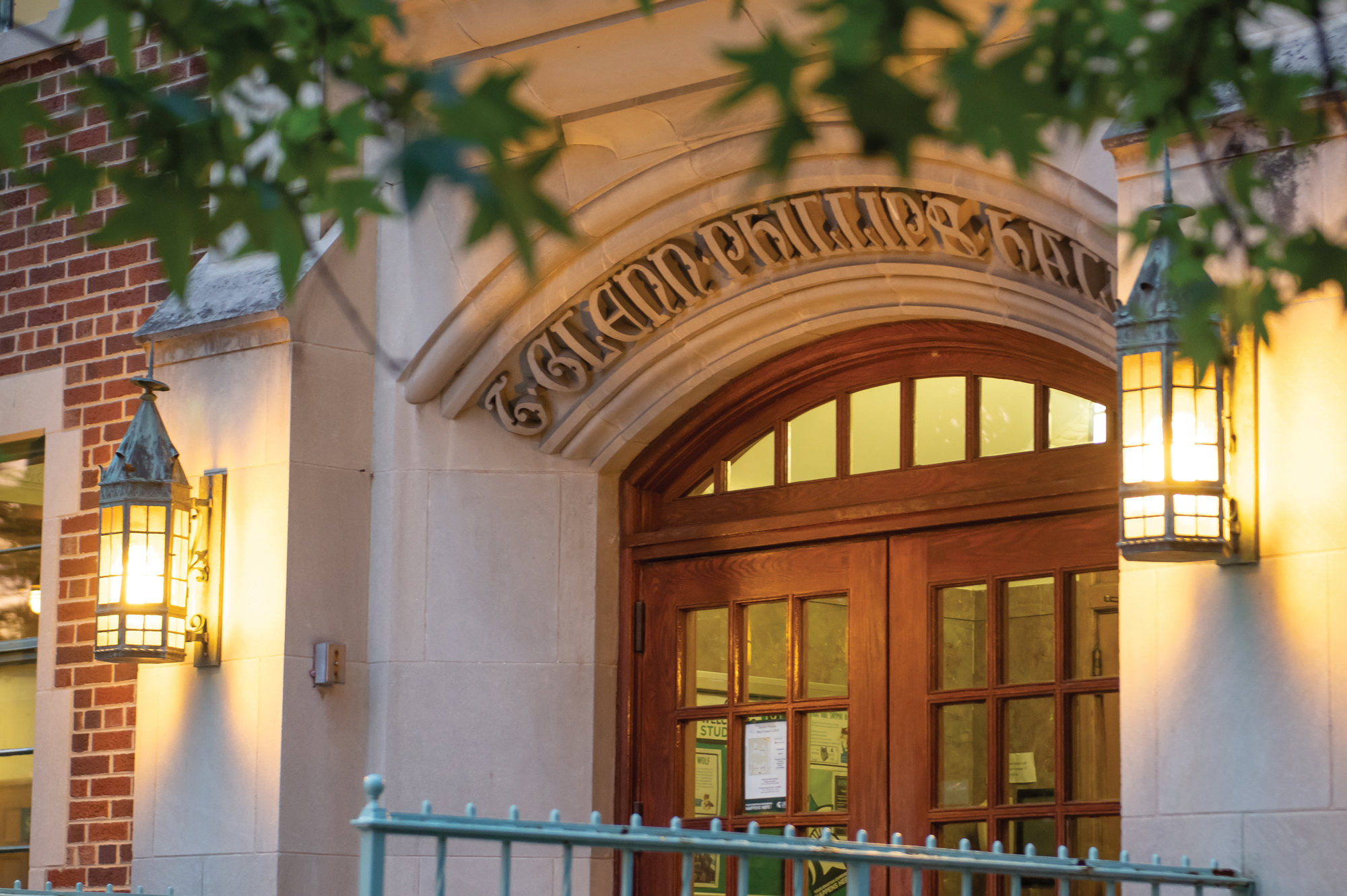What is happening?
Michigan State University’s Board of Trustees approved the administrative integration of the Residential College in the Arts and Humanities (RCAH) with the College of Arts and Letters (CAL). Beginning July 2026, RCAH will become part of CAL while continuing to preserve its distinctive mission and community.
Why is this happening?
RCAH has always been intentionally small, but that scale makes it harder to sustain as a standalone college. Integrating with CAL will help to ensure RCAH’s unique mission is protected and supported long-term. By integrating RCAH and CAL, MSU can ensure that RCAH’s distinctive strengths are preserved and expanded within a larger administrative structure. This integration represents a path toward strengthening both RCAH and CAL by leveraging shared goals, resources, and offerings.
Will RCAH’s identity be retained?
No. RCAH’s mission, ethos, and residential model will remain critical features of its identity—now supported by CAL’s broader resources and structures.
What does this mean for students?
- Current RCAH students will continue their programs without disruption through to their conclusion. All students will have access to courses, advisors, and community supports as the integration is underway.
- Future students will benefit from expanded opportunities: access to CAL’s robust curriculum, faculty, and resources while accessing the unique living-learning experience of RCAH.
- Student voice matters. A student advisory committee consisting of students from both CAL and RCAH will help inform this work from a student perspective.
What does this mean for faculty and staff in RCAH?
The integration provides opportunities for closer collaboration with CAL colleagues, new interdisciplinary opportunities and pedagogical possibilities, and more substantial administrative support.
What does this mean for donors and alumni?
All gifts, endowments, and commitments to RCAH remain intact. Donors and alumni can be confident their contributions will continue to support RCAH’s mission and programs, now with greater visibility and stability inside CAL. The integration strengthens, rather than diminishes, the legacy of RCAH.
How was the decision made?
The integration was the result of months of consultation with faculty, staff, and students from both RCAH and CAL, as well as review by multiple governance committees. A Working Committee was initially charged by the Interim Provost at the time to explore the potential benefits and challenges of administratively integrating RCAH with CAL. This included evaluating how such an integration might: (1) strengthen and/or challenge the arts and humanities at MSU; (2) support students, staff, and faculty; and (3) position MSU to meet the evolving needs of higher education. The Working Committee at that time produced a preliminary report that was shared with governance committees in April for further input. Governance feedback was incorporated into a final report from the Working Committee to the Interim Provost in May 2025, and the Board of Trustees approved the integration in June 2025.
What are the guiding principles?
The integration will be guided by the following important principles:
- Transparent communication
- Collaborative community building
- Compassionate support for students, faculty, and staff
- Shared governance
- Preserving RCAH’s identity
- Strategic stewardship
- Land-grant alignment
What are the next steps?
Between now and July 2026, the Steering Committee and five Working Groups will lead the integration process. They will:
- Develop a timeline for all the actions, questions, and decisions that need to be made as part of this process.
- Provide regular updates on the Provost’s integration website and be available for engagement upon request.
- Engage in periodic chair and all college meetings in both RCAH and CAL.
Where can I find updates or ask questions?
Updates, meeting summaries, FAQs, and feedback opportunities will be available on this website page.
